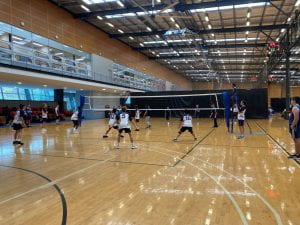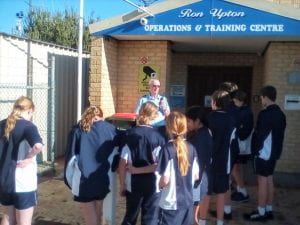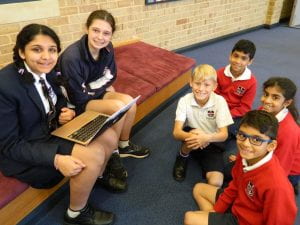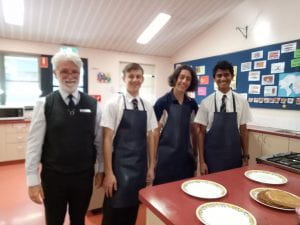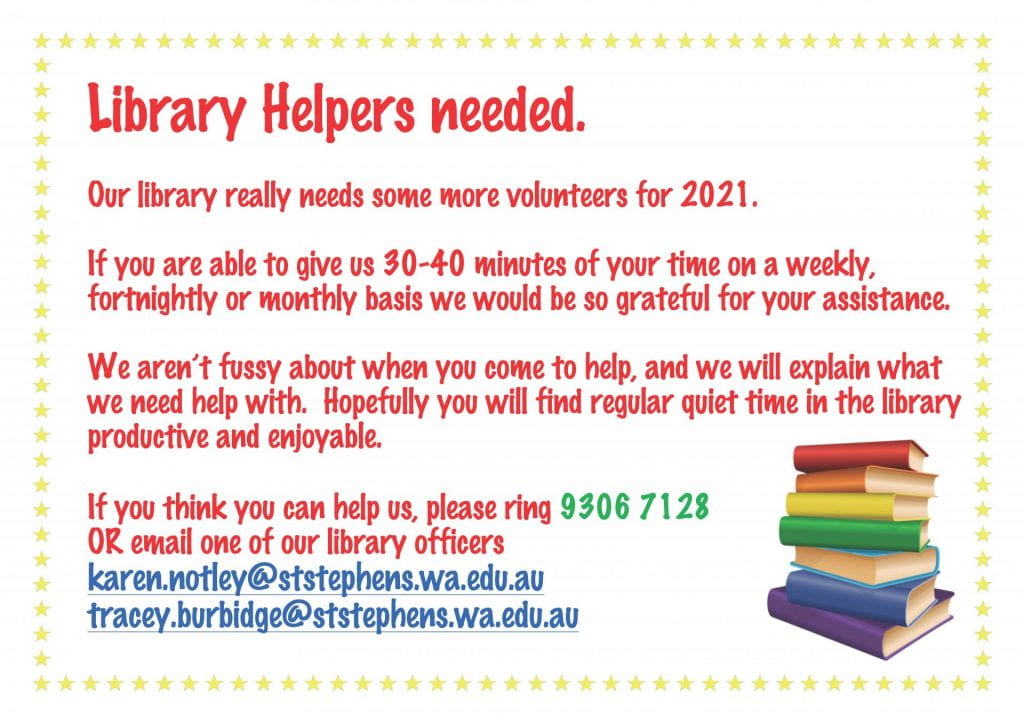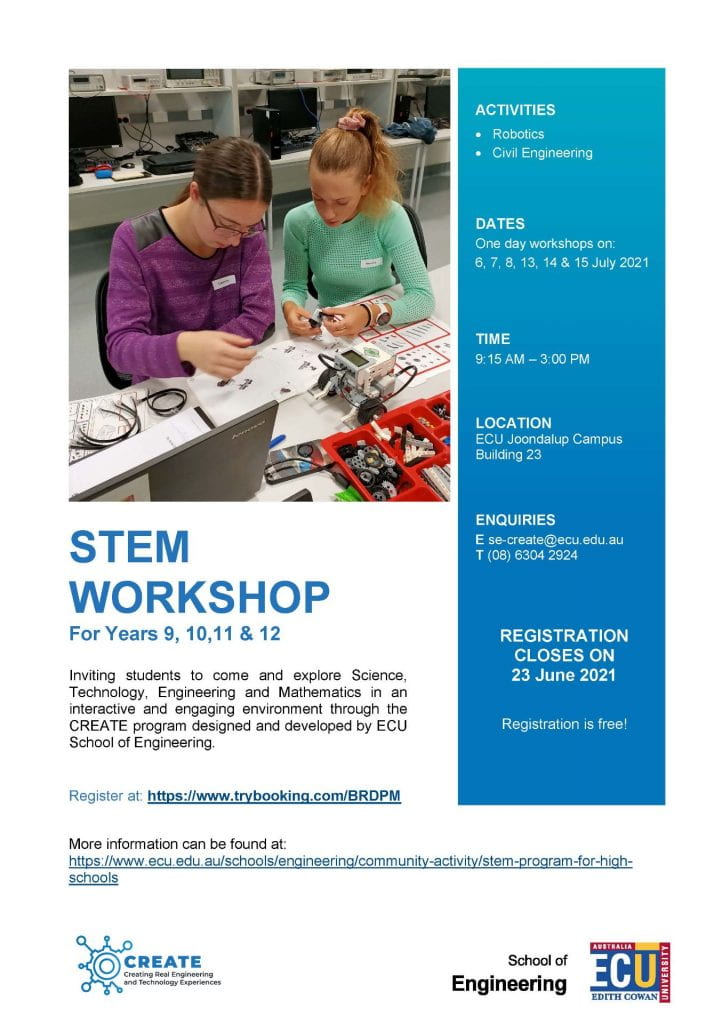Dear Families,
We can never talk about the need to build resilience in our young people too much. From the early formative years to upper primary, adolescence and senior secondary, as parents, teachers and a community, we must coach from the sidelines and let our young people deal with the game on the field. Our world is a new world with new demands and new paradigms in which we live. Their world is, and will be, a world that is more challenging and more confronting than we have experienced or can imagine. That said, our young people are equipped to deal with the 21st Century, they will find their way and be successful if, we prepare them to be hit and to get back up again. If they understand that failure is a part of growth. If they know that things are not always perfect or that unintended endings are normal, then they are better prepared to deal with life. Life isn’t always peachy!
In doing some reading around this topic (as teachers do regularly), I stumbled on a great article by Jessica Lehay, who makes some salient points in conjunction with a study done by QUT, and I thought I would share some excerpts for you to mull over and consider. The timing is good because your child is just about to receive their Semester 1 report, their subject recommendations for Year 11 2022, their acceptance into a Rec Club that they nominated for for Semester 2 or their Year 11 or 12 Examination results and we can use this moment to teach resilience and responsibility, or we can seek to band-aid and ‘there there’ the unexpected or disappointing result. Please enjoy:
“The stories teachers exchange these days reveal a whole new level of overprotectiveness: parents who raise their children in a state of helplessness and powerlessness, children destined to an anxious adulthood, lacking the emotional resources they will need to cope with inevitable setback and failure.
I believed my accumulated compendium of teacher war stories were pretty good — until I read a study out of Queensland University of Technology, by Judith Locke, et. al., a self-described “examination by parenting professionals of the concept of overparenting.”
Overparenting is characterized in the study as parents’ “misguided attempt to improve their child’s current and future personal and academic success.” In an attempt to understand such behaviours, the authors surveyed psychologists, guidance counsellors, and teachers.
What worries me most are the examples of overparenting that have the potential to ruin a child’s confidence and undermine an education in independence. According to the authors, parents guilty of this kind of overparenting “take their child’s perception as truth, regardless of the facts,” and are “quick to believe their child over the adult and deny the possibility that their child was at fault or would even do something of that nature.”
This is what we teachers see most often: what the authors term “high responsiveness and low demandingness parents.” These parents are highly responsive to the perceived needs and issues of their children, and don’t give their children the chance to solve their own problems. These parents “rush to school at the whim of a phone call from their child to deliver items such as forgotten lunches, forgotten assignments, forgotten uniforms” and “demand better grades on the final semester reports or threaten withdrawal from school.”
Truly, teachers don’t just teach reading, writing, and arithmetic. We teach responsibility, organization, manners, restraint, and foresight. These skills may not get assessed on standardized testing, but as children plot their journey into adulthood, they are, by far, the most important life skills I teach.
I’m not suggesting that parents place blind trust in their children’s teachers; I would never do such a thing myself. But children make mistakes, and when they do, it’s vital that parents remember that the educational benefits of consequences are a gift, not a dereliction of duty. Year after year, my “best” students — the ones who are happiest and successful in their lives — are the students who were allowed to fail, held responsible for missteps, and challenged to be the best people they could be in the face of their mistakes.
Jessica Lahey is a contributing writer for The Atlantic and an English teacher. She writes “The Parent-Teacher Conference” column at The New York Times, is a commentator for Vermont Public Radio, and is the author of The Gift of Failure: How the Best Parents Learn to Let Go So Their Children Can Succeed.
Interesting? Timely? Helpful? I hope all of these.
Yours in Service,
Brett Roberts (Head of Campus – Carramar)
LOST PROPERTY
There is a substantial amount of lost property in each of the campus houses, in particular sports jackets and towels If your child has misplaced/lost something please advise them to thoroughly check the lost property outside staffrooms in Makaria, Charis & Parresia. (check all areas, not just their own house) Any lost property not collected by end of term will be disposed of. It is advisable for students to clearly name all personal items especially clothing.
VOLLEYBALL COMPETITION
Yr 11/12 girls and boys volleyball teams recetly competed in the North Eastern division of the SSWA volleyball competition. The boys team made the grand final but could not quite get the job done. The girls however, went from strength to strength throughout the day to win the grand final!
Adam Dwyer
YEAR 9 OUTDOOR ED CAMP
On the 10th and 11th of June the Yr 9 Outdoor Education students participated in their first camping expedition. The overnight camp required them to hike and carry all of their equipment from Dwellingup Town Centre to the School’s Kaadadjan Centre.
In the evening we had to contend with the rain as the students cooked their meals on small camp stoves. Some were more successful than others!
After dinner the students got the opportunity to take on the teachers in a game of “lantern stalk” at night. The teachers were either too good at spotting or the students were too noisy as the teachers were able to defend their lantern with ease. The next morning the students woke to a blanket of mist covering the valley. Dwellingup was living up to its name as the place of fog, dew and mist. After packing up camp the group set off on the return journey back to the Dwellingup Town Centre.
It was a great introduction to camping and the students reflected afterwards on how much they got from the experience.
Craig Thomas
YEAR 7 & 8 ATHLETE DEVELOPMENT PROGRAM
This term the students in the Athlete Development Program have been working with the experts from Athletic Institute on improving their core strength and flexibility. The Yr 8’s were able to visit AI’s purpose built facility that includes an altitude room, while the Yr 7’s were shown the basics of building strength in our weights room. The students were very positive about their experience and indicated how much they had picked up from the sessions with the trainers.
Next term the program will be focusing on nutrition and mental skills training.
Craig Thomas
MARINE REC PROGRAM
Students in Year 7 & 8 have been enjoying interacting in the marine environment this semester in the Marine & Aqua Rec program, which has included snorkelling, body surfing and swimming. Last week students visited Marine Rescue Whitfords at Ocean Reef hearing about marine safety and visiting the operations tower.
David Bosma
YEAR 9 BIBLICAL STUDIES
Year 9 biblical studies students read to students in Years 1-3 last week. After preparing a “mini bible” over the past term the primary students had the opportunity to enjoy the Secondary students efforts. It was a fantastic sometimes challenging time as students interacted in small groups in the primary forum space.
David Bosma
RISING STARS SPORTS CAMP
Note: St Stephen’s School has no affiliation with this company and the post is simply an advert for their services if required.
FREE ATAR REVISION
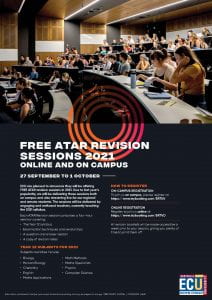
Note: St Stephen’s School has no affiliation with this company and the post is simply an advert for their services if required.


